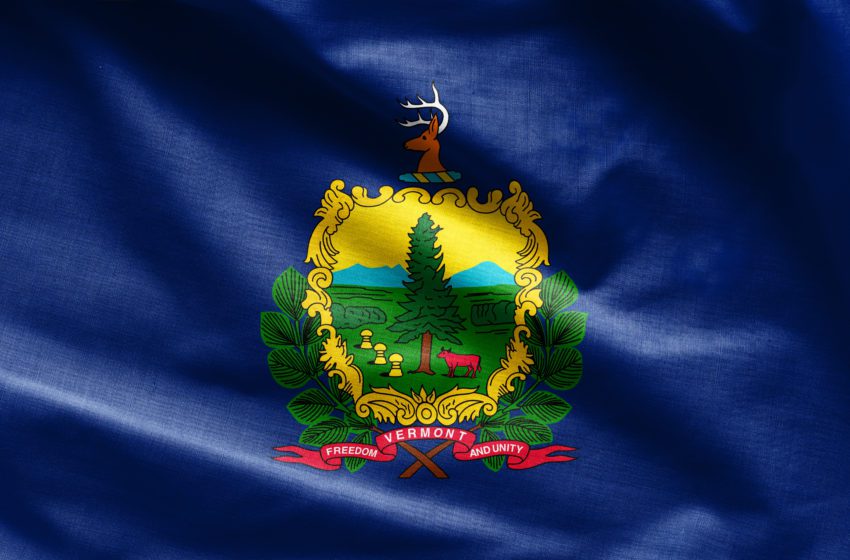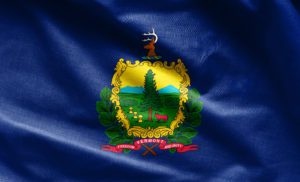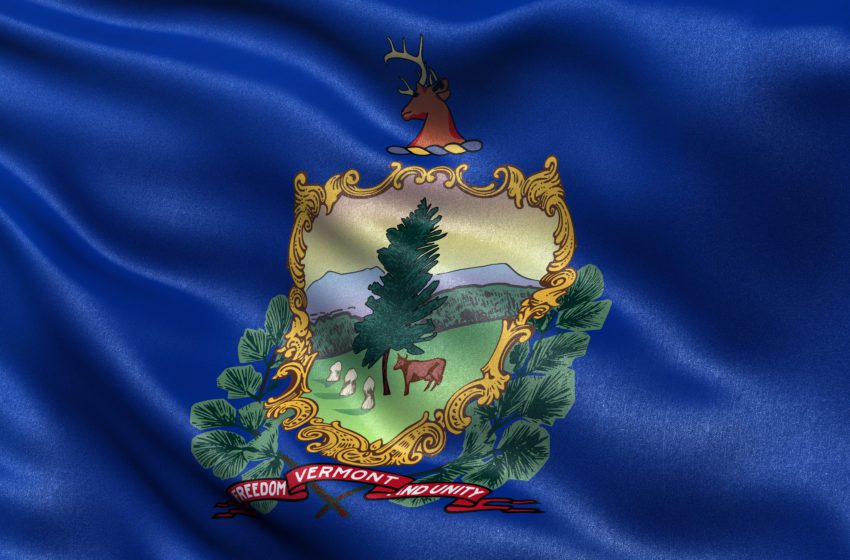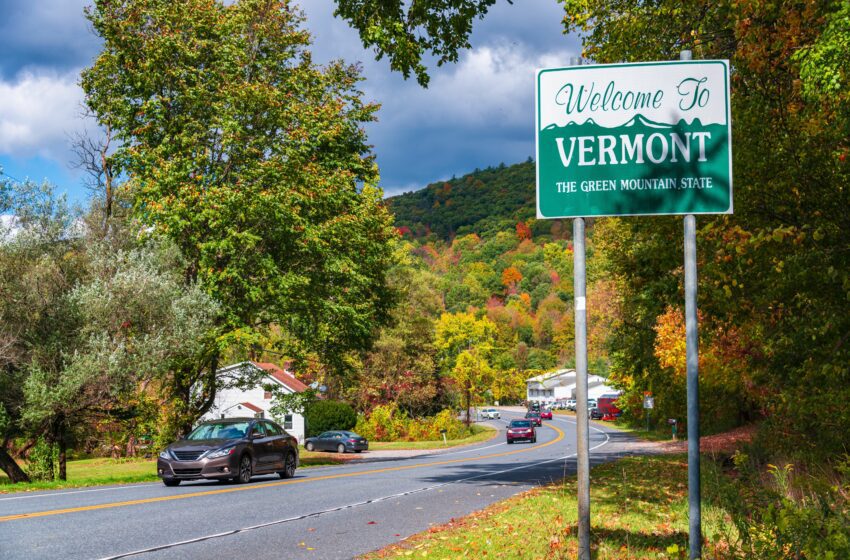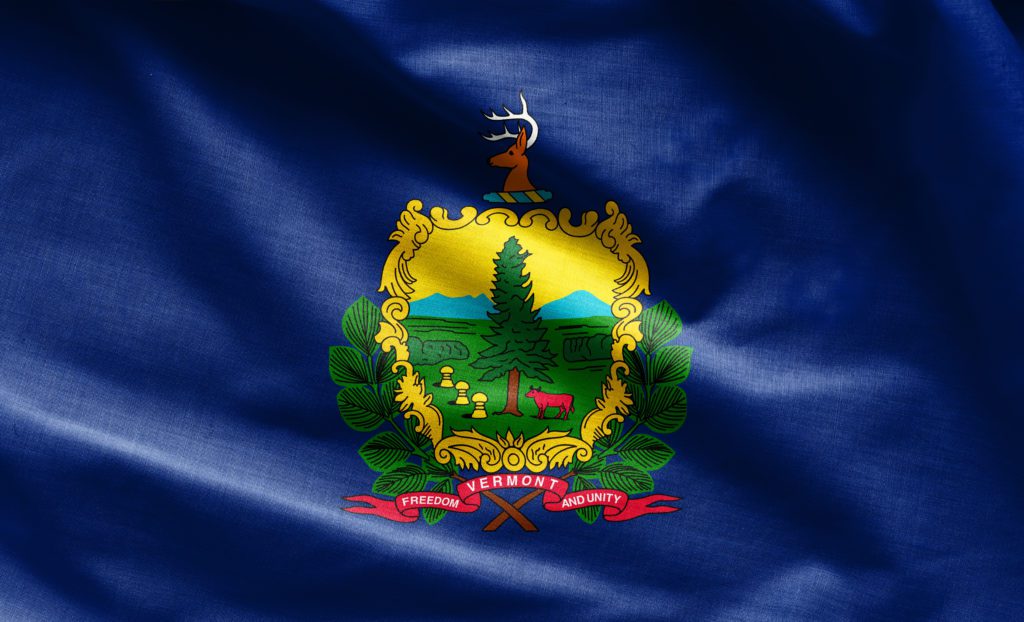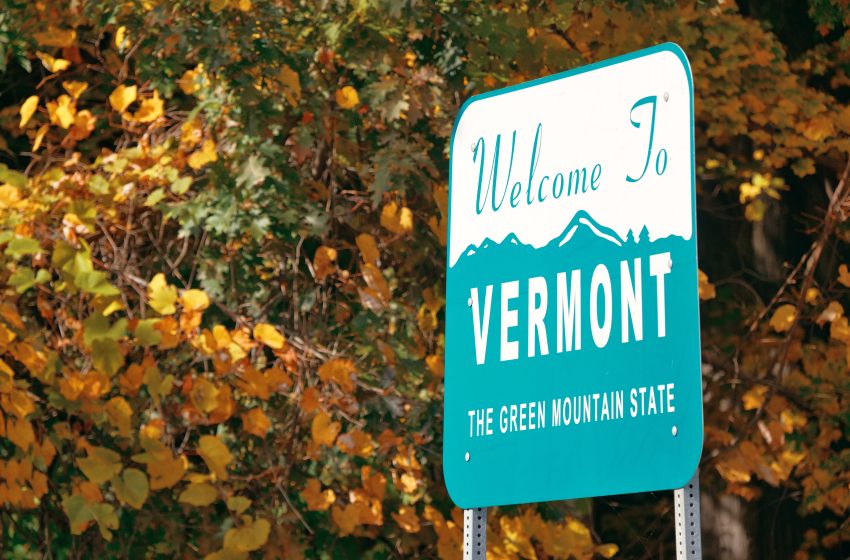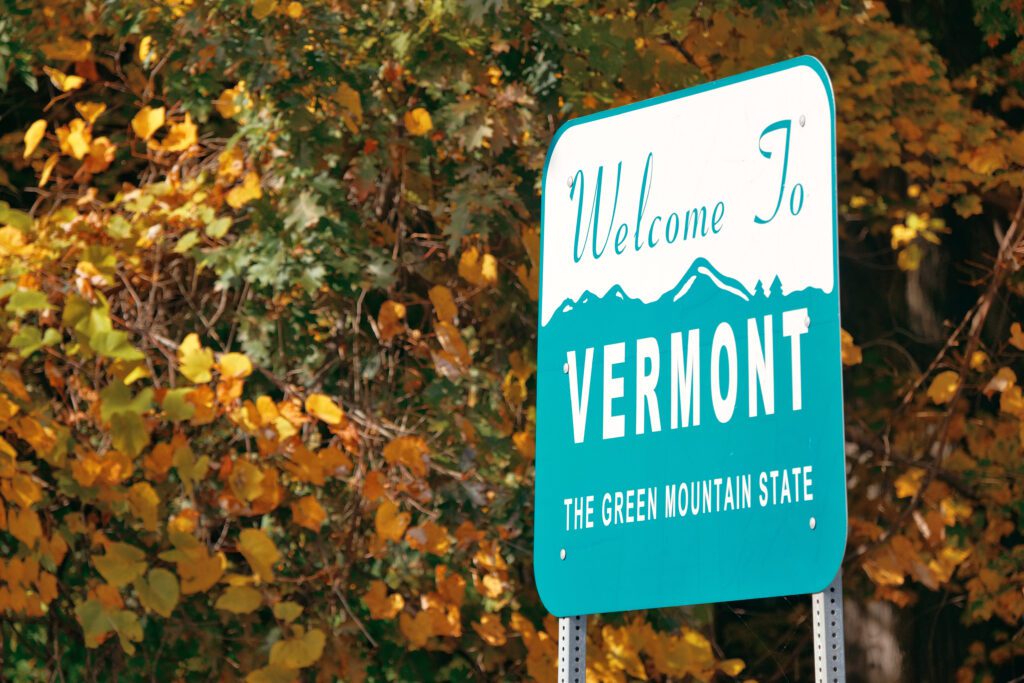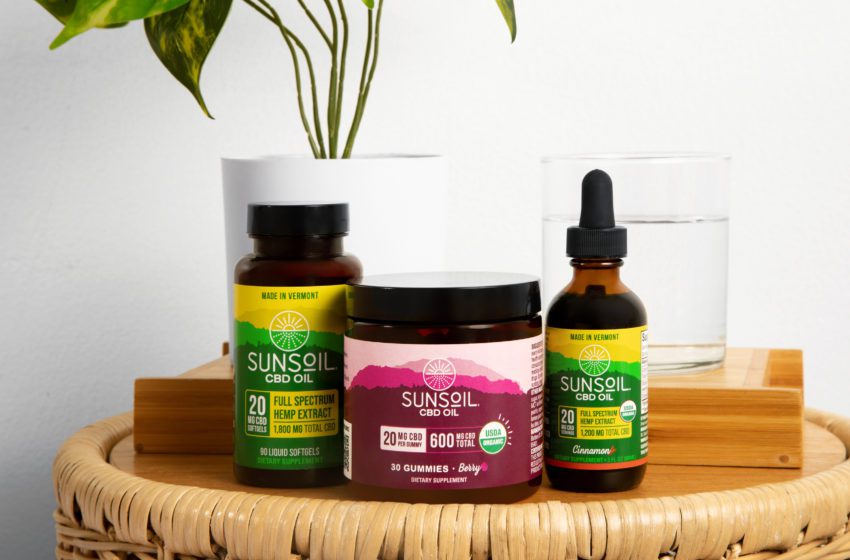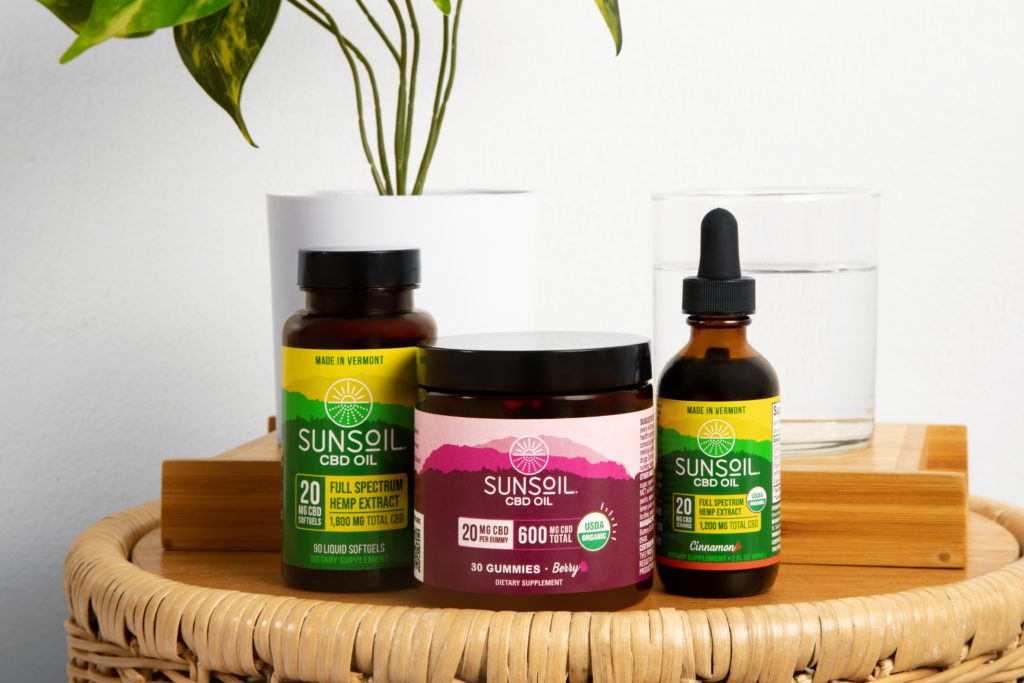
Amazon will pay Vermont $400,000 and improve its vetting practices to settle claims that it failed to stop online vendors from selling e-cigarettes, Vermont Attorney General Charity Clark announced Wednesday.
An investigation by the attorney general’s office found that third-party sellers had been hawking tobacco products, especially vapes, to Vermonters on Amazon over the past few years.
That practice violates a Vermont law, which prohibits the online sale of tobacco products to anyone other than a licensed dealer. Amazon also prohibits the sale of e-cigarettes, and has a variety of safeguards in place to prevent such sales, according to the settlement, according to media reports.
But even so, “between July 2019 and September 2024, certain e-cigarettes were purchased from third-party sellers in Amazon’s store and shipped to Vermont consumers,” the settlement reads.
After being informed of the infractions by Vermont’s attorney general, Amazon made unspecified improvements to its oversight practices, the settlement said.
In addition to the payment, each year for the next four years Amazon will also create a list of vendors that have sold tobacco products to Vermont — the “Vermont Evasive Seller List” — and provide the list to the attorney general if needed.


